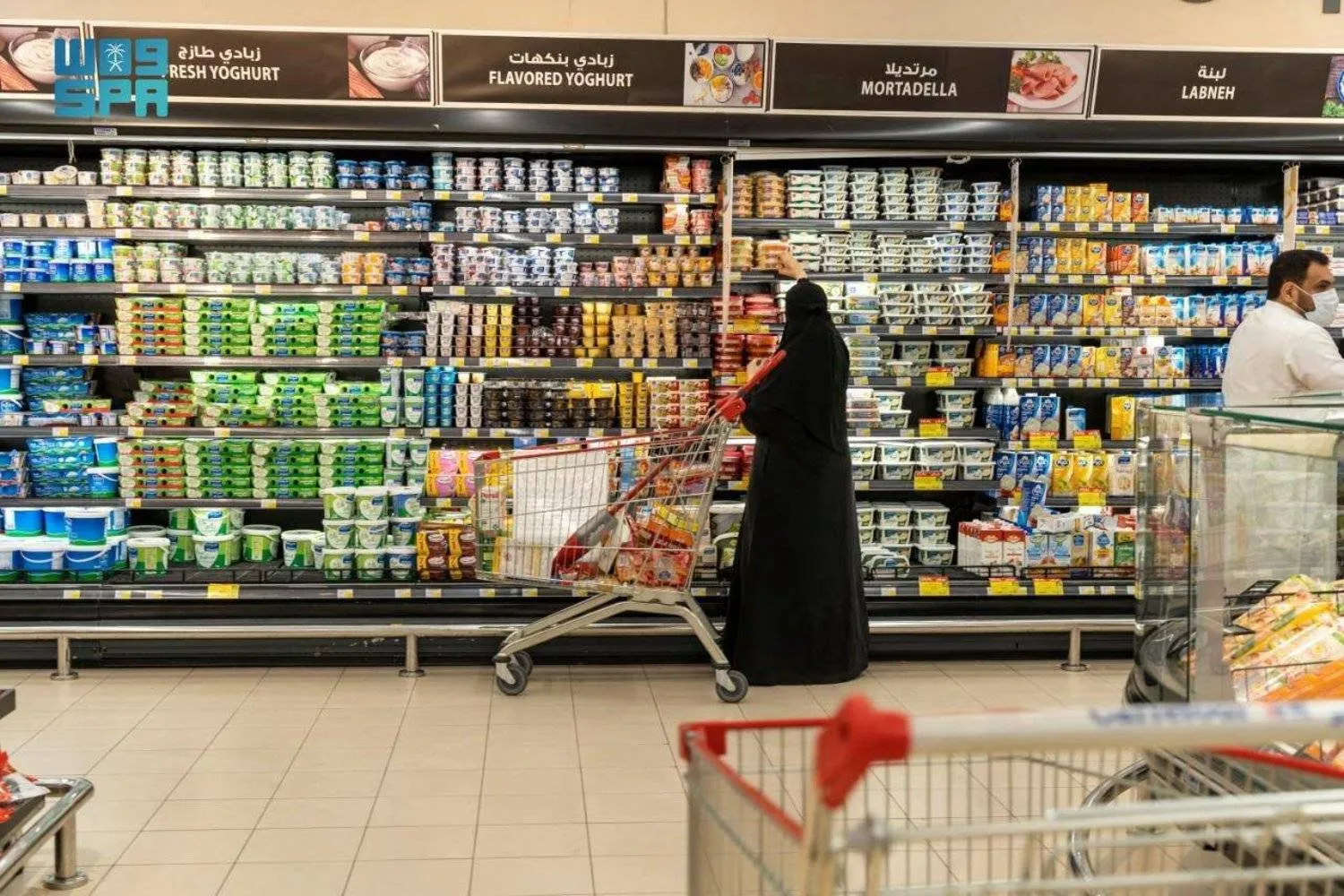Saudi Arabia recorded a slight increase in its inflation in November, which reached 1.7 percent on an annual basis. However, this rate remains near the lowest level in two years.
The rate of 1.6 percent, recorded last month, was the same recorded in February 2022, according to the latest statistical figures released by the General Authority for Statistics (GASTAT). This rate is also inferior to the global inflation target of 2 percent and among the lowest among the G20 countries.
The rise in inflation in November was the result of rising prices for housing, water, electricity, gas, some other types of fuel, and food and beverages.
In its monthly bulletin, GASTAT said actual housing rents rose by 9.4 percent in November, and apartment rental prices increased by 12.8 percent.
The report indicated that the prices of food and beverages rose by 1.4 percent due to the increase in the prices of milk, dairy products, and eggs, while the prices of clothing and shoes decreased by 4.1 percent, affected by the fall in the prices of ready-made clothing. On a monthly basis, inflation reached 0.2 percent in November compared to its level in the previous month.
In remarks to Asharq Al-Awsat, experts said the low inflation rate gives the Kingdom flexibility in using an expansionary economic policy that supports sustainable development.
Economist Ahmed Al-Jubeir said Saudi Arabia has taken proactive steps to mitigate the severity of price increases in light of the wave of inflation that has swept the world.
He stressed that the government set a higher ceiling for fuel prices in addition to allocating financial support in a total amount of SAR 20 billion ($5.3 billion) to confront the repercussions of rising global prices.
Expert in international economics Ali Mohammad Al-Hazmi told Asharq Al-Awsat that the announced inflation rate was positive compared to other international economies.
He added that the rate gives Saudi Arabia greater flexibility in using an expansionary economic policy that supports comprehensive sustainable development and allows for more international financing.









